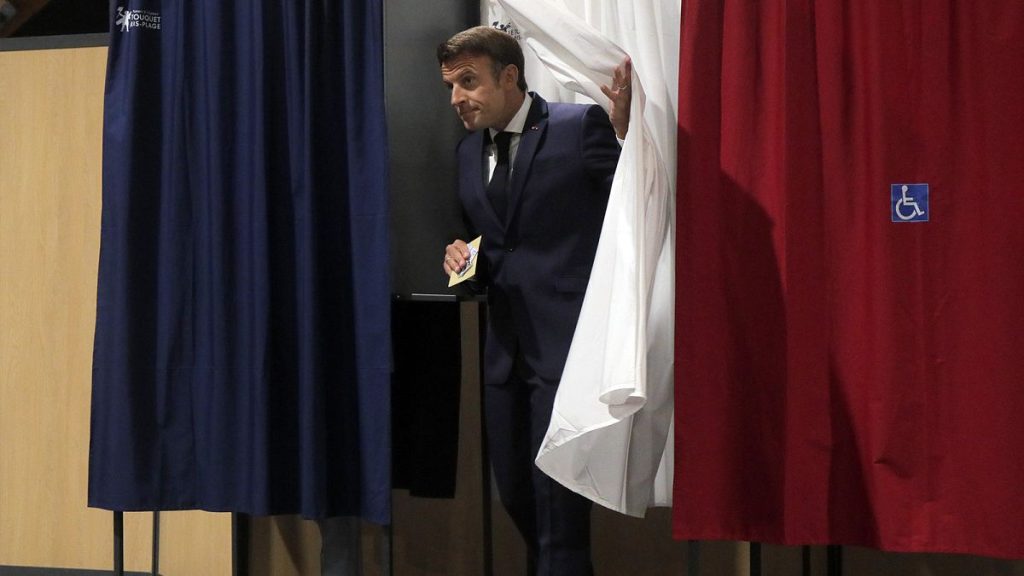In light of the recent victory of France’s far-right Rassemblement National in the EU elections, President Emmanuel Macron has called for a snap election to be held in two rounds on 30 June and 7 July to elect a new National Assembly. With the potential for no clear result to emerge, questions arise about the formation of a new government in France. How do the French elections work, and what are the possible outcomes in Paris if there is no majority in the Palais Bourbon? Will Macron be forced to work alongside a political enemy in an awkward political cohabitation scenario?
The electoral process in France involves 577 seats in the National Assembly, where MPs propose, amend, and vote on laws. In the first round of elections, voters choose candidates in their constituencies, with an absolute majority required for victory. If no candidate achieves this, a second round is held, with candidates who received over 12.5% of the vote advancing to the run-off. The candidate with the most votes in the second round wins a seat in the National Assembly. This unique hybrid semi-presidential government system of France gives both the President and Parliament distinct powers and responsibilities. The President is directly elected by the people and has the authority to dissolve parliament, call for referendums, and more.
Outcomes of the parliamentary elections in France could vary, with Macron’s party aiming for an absolute majority of at least 289 seats to govern autonomously. If they achieve a relative majority, they will need to make alliances to pass laws. Alternatively, if another party gains an absolute majority, the President must select a Prime Minister from that coalition, leading to a cohabitation scenario. France has experienced three cohabitations in the past where opposition parties won parliamentary elections, leading to a shared governance arrangement. This could potentially happen if the far-right National Rally or left-wing New Popular Front coalition secures an absolute majority.
In the event of a Macron and far-right cohabitation, the President must choose a Prime Minister, with the far-right MEP Jordan Bardella suggested as a potential candidate. However, the President has the ultimate decision, even in a cohabitation scenario, where he may have to appoint someone who agrees to take the position. During cohabitation, the President’s role becomes more discreet, with the party holding the majority in the National Assembly in control of domestic policies. While the President retains certain powers such as commanding the armed forces and foreign policy, ultimately, the Parliament decides on EU matters.
Past cohabitation instances in France have seen presidents working alongside Prime Ministers from opposing parties, with policies sometimes clashing. Should Macron face a cohabitation scenario with a different party, tensions may arise, particularly concerning EU matters which are largely considered domestic policy. The government, led by the Prime Minister and supported by the parliament, decides on EU issues, which could lead to conflicts in a cohabitation setting. As the French election unfolds, Euronews provides comprehensive analysis and coverage to follow the developments and outcomes shaping the future of French governance amidst global instability.













